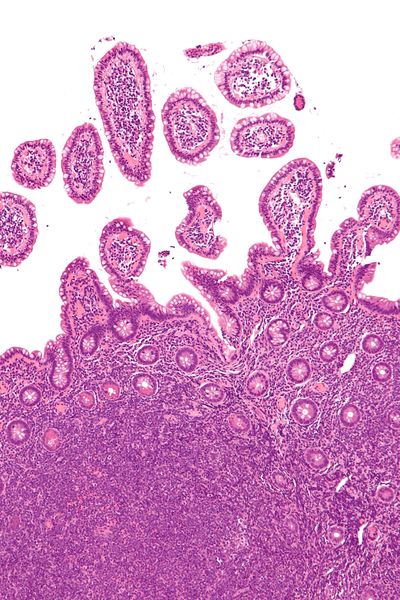
Pfizer has stopped the Phase 3 randomised, open-label study (B1931008) of inotuzumab ozogamicin in relapsed or refractory CD22+ aggressive non-Hodgkin lymphoma (NHL).
The two-arm study was designed to assess the safety and efficacy of the investigational compound in patients with relapsed or refractory CD22+ aggressive non-Hodgkin lymphoma (NHL) who are not candidates for intensive high-dose chemotherapy.

Discover B2B Marketing That Performs
Combine business intelligence and editorial excellence to reach engaged professionals across 36 leading media platforms.
Pfizer oncology business unit clinical development and medical affairs senior vice-president Dr Mace Rothenberg said work towards understanding the findings from the review was being carried out to determine any patterns of outcome that may help gain greater understanding of the potential effect of inotuzumab ozogamicin in specific patient subsets within the heterogeneous patient population enrolled in the trial.
"Hematologic cancers are a complex group of diseases, with more than 70 different types of lymphomas, leukemias or myelomas that require unique treatment options," Rothenberg said.
"We remain committed to evaluating inotuzumab ozogamicin in patients with hematologic malignancies."
Patients were administered with inotuzumab ozogamicin in combination with rituximab on a once-a-month schedule and compared with an active comparator arm (investigator’s choice of bendamustine plus rituximab or gemcitabine plus rituximab).

US Tariffs are shifting - will you react or anticipate?
Don’t let policy changes catch you off guard. Stay proactive with real-time data and expert analysis.
By GlobalDataAn independent data monitoring committee concluded during a scheduled interim analysis that the study with the treatment with inotuzumab ozogamicin plus rituximab would not meet the primary objective of improving overall survival (OS) when compared with the comparator arm.
New or unexpected safety issues were not identified.
The company is carrying out the INO-VATE ALL open-label, randomised, Phase 3 study of inotuzumab ozogamicin compared with a defined investigator’s choice of chemotherapy in adult patients with relapsed or refractory CD22+ ALL.
Image: Micrograph showing mantle cell lymphoma (one of the rarest of the non-Hodgkin’s lymphomas) in a biopsy of the terminal ileum. H&E stain. Photo: courtesy of Nephron.





